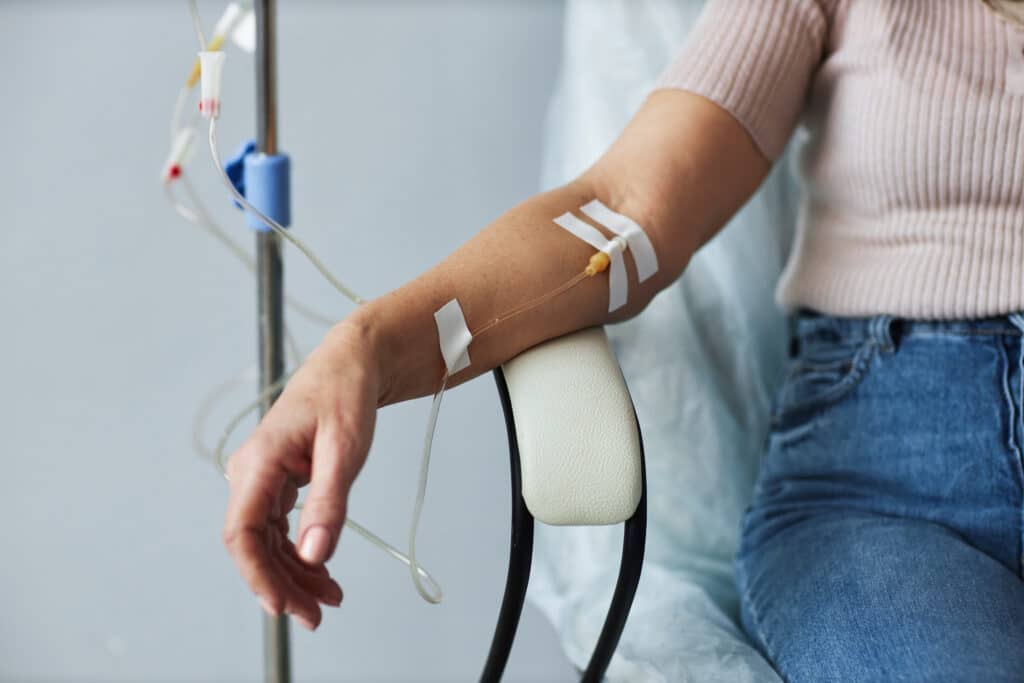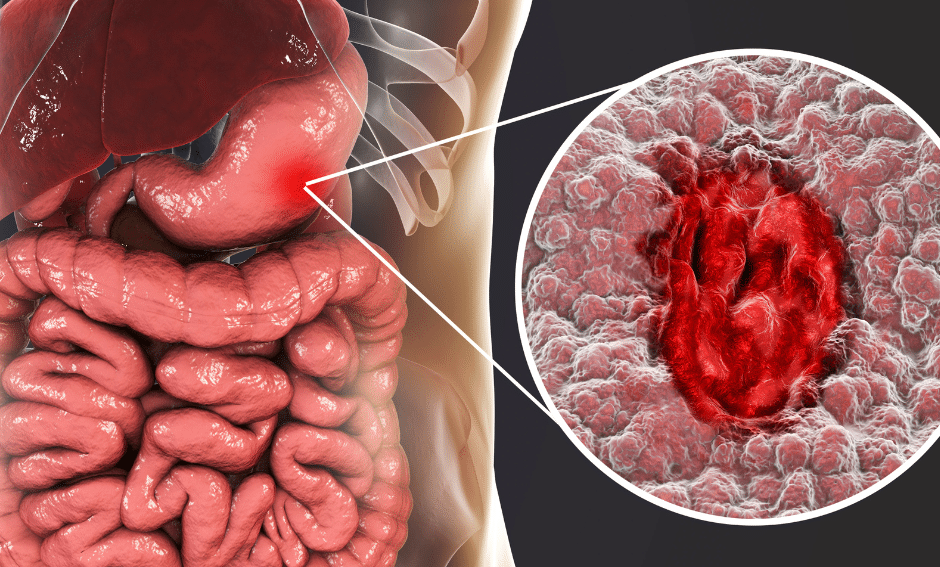How to Prepare for Flexible Sigmoidoscopy in NJ
If your gastroenterologist at Digestive Healthcare Center determines that flexible sigmoidoscopy is the right next step for you, we will ensure that you are fully informed about the procedure and how to prepare. Similar to a colonoscopy, proper preparation for a flexible sigmoidoscopy is crucial because it ensures that your gastroenterologist at DHC can properly visualize the area and identify any polyps that need to be removed.
The Day Before Your Flexible Sigmoidoscopy
Flexible sigmoidoscopy requires the lower part of the colon to be fully cleaned out so it can be properly visualized by your gastroenterologist at DHC. Steps to accomplish this are generally taken the day of the procedure rather than the day before. However, your doctor may give you special instructions. Most medications can be continued as usual before a flexible sigmoidoscopy, but be sure to inform your doctor about any medications you are currently taking.
The Day of Your Scheduled Flexible Sigmoidoscopy – Preparation Instructions for Procedures Without Anesthesia
There are no dietary restrictions prior to this test – preparation requires the use of enemas. For the procedure to be a success and for your physician to properly visualize the lower part of the colon, you will need to follow the steps below. Please call the office if you have any questions.
- Purchase 2 Fleet enemas from the drug store.
- Approximately 2 hours before your appointment, you will give yourself the first enema. Try to hold the liquid in for 15 minutes. If this is not possible, at least 5 minutes is acceptable.
- Follow the same instructions for the second enema, an hour later.
In some cases, flexible sigmoidoscopy is performed with anesthesia. This will require slightly different preparation instructions. Click here to see preparation instructions for flexible sigmoidoscopy performed with anesthesia at DHC’s surgical center.
After Your Flexible Sigmoidoscopy Procedure
After your flexible sigmoidoscopy, your doctor will discuss your results with you, including whether or not any polyps were removed. If polyps were found, a complete colonoscopy may be recommended. If you did not receive anesthesia, you will be able to drive yourself home after your appointment. Your physician will give you detailed instructions on how to take care of yourself following your procedure. You can return to your regular activities and diet right away, but you may experience mild cramping or bloating for around an hour after your flexible sigmoidoscopy. If polyps were removed, it is not uncommon to have some minor rectal bleeding after the procedure.
Recent Blogs
Learn more about all things digestive health and wellness by checking out our recent gastroenterology blogs.

Infusion therapy has become a vital treatment option for individuals with Crohn’s disease, offering relief when traditional medications may fall short. This method delivers medication directly into the bloodstream, providing quicker and more targeted effects to help manage inflammation, reduce symptoms, and improve quality of life. For those with moderate to severe Crohn’s disease, infusion […]

The Advancement of Ulcerative Colitis Treatment Ulcerative colitis (UC) is a chronic inflammatory bowel disease (IBD) that affects the lining of the colon and rectum. Those diagnosed with UC often experience flare-ups that can significantly impact their quality of life. Fortunately, advancements in medical treatment have made managing this condition more achievable. One option is […]

Diverticular disease and diverticulitis are related digestive health conditions that affect the large intestine (colon). With diverticular disease, small, bulging pockets develop on the lining of the colon. When these pockets become inflamed or infected, the condition is called diverticulitis. They are very common – especially after age 40 – and rarely cause problems. At […]
Flexible Sigmoidoscopy at Digestive Healthcare Center
Our physicians at Digestive Healthcare Center perform flexible sigmoidoscopy at all three of our office locations in New Jersey. We will make sure you understand how to prepare for the test so you feel as comfortable as possible before your appointment. We are proud to help patients live healthier lives by promoting positive digestive health – please contact us today to learn more and to schedule an appointment at the office nearest you.


























